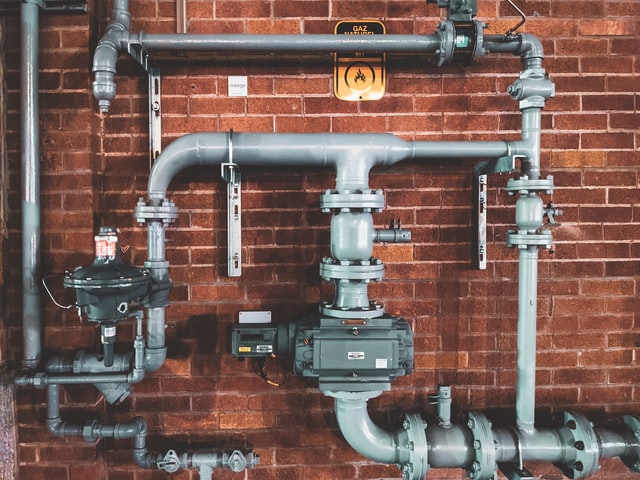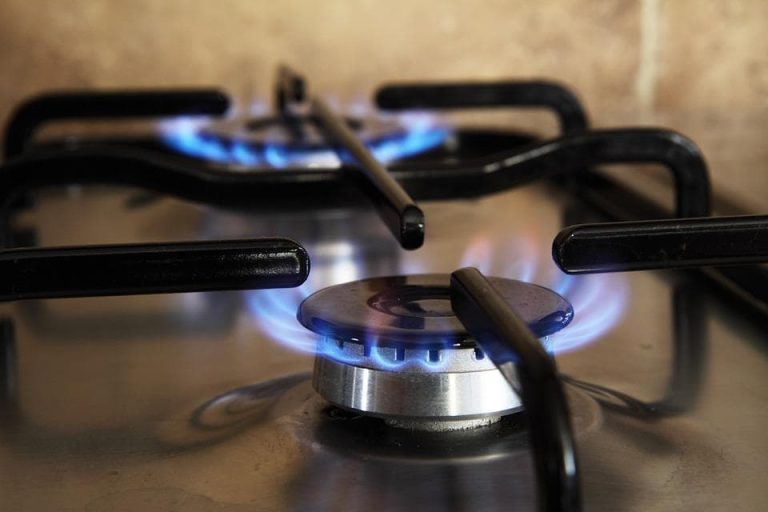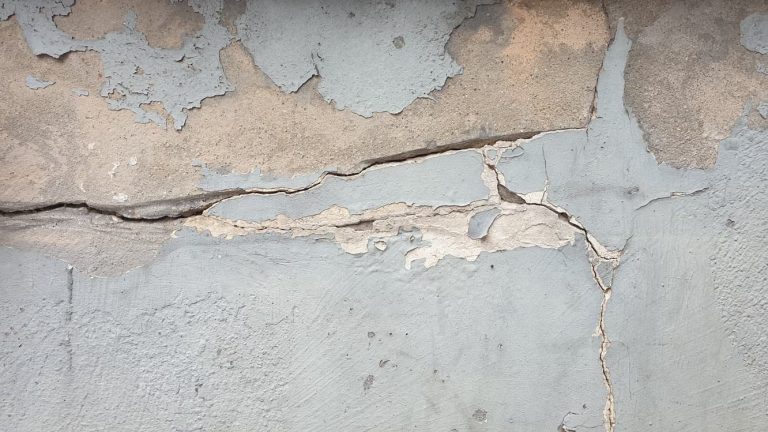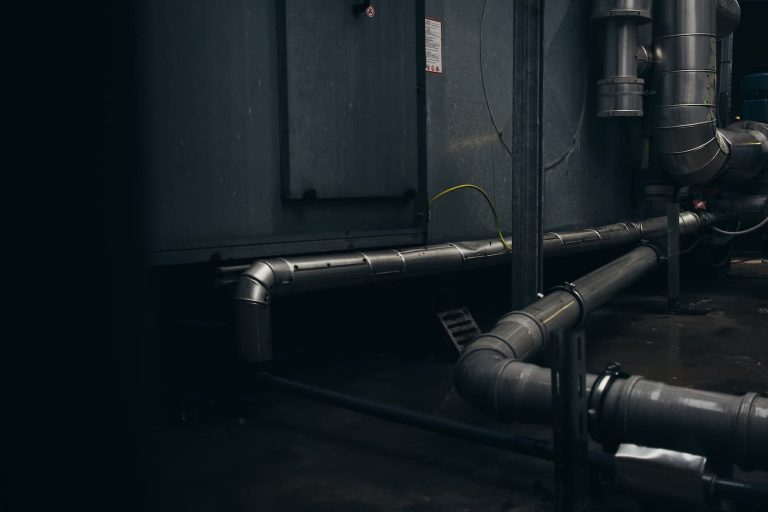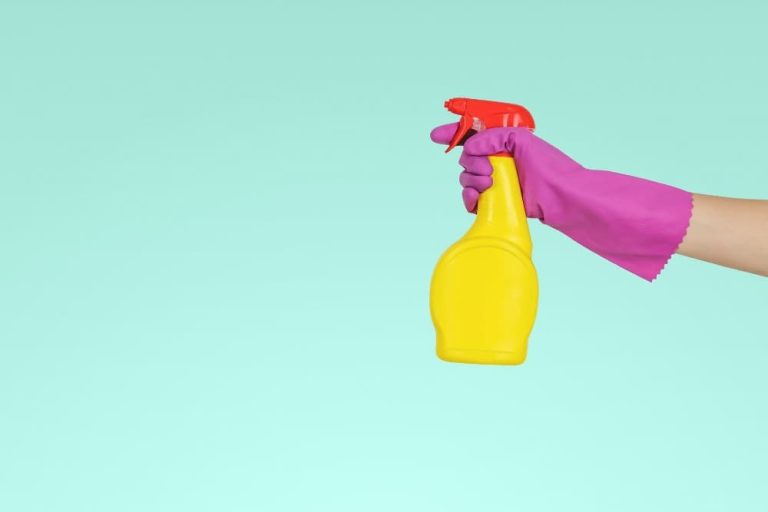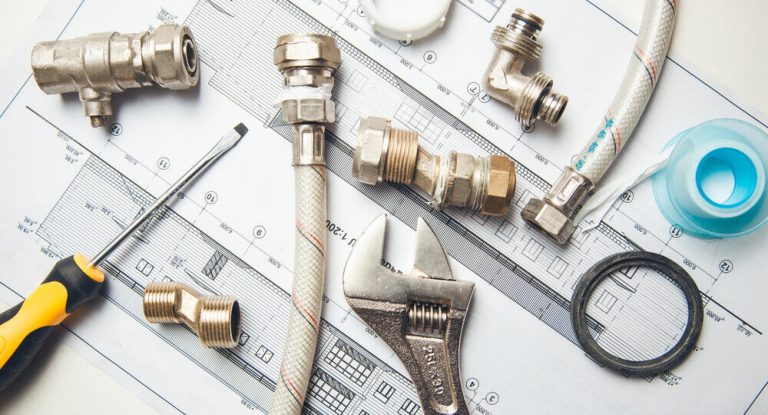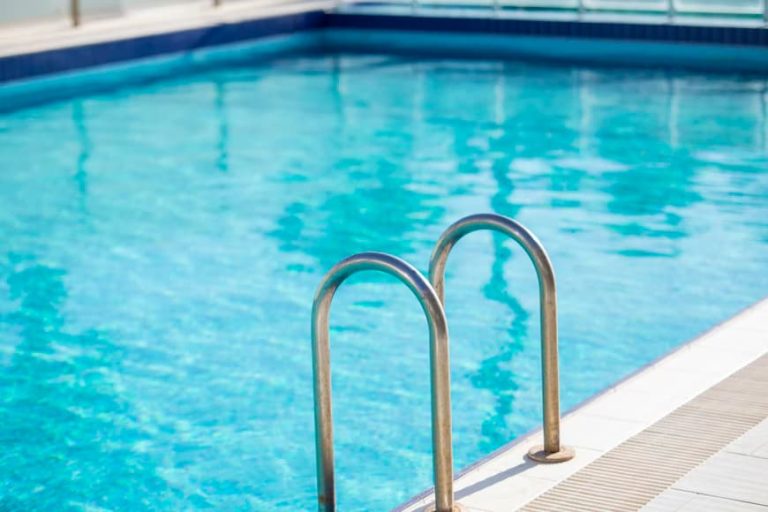What to Do When a Water Heater Starts Leaking
If you happen to be experiencing a water heater leak, you need to know that this won’t go away on its own. In fact – the probability is high that it is only going to get worse with time as the damage continues to pile up.
That being said – the best thing that you can do is to move quickly in order to determine the cause of the leak and get the problem fixed as soon as possible. You should know that while it would be best that you act quickly, in most cases, the problem behind the leak isn’t going to result in a catastrophe, but making sure that you solve the problem right after you spot it is going to ensure that, indeed, nothing bad is going to happen.
Table of Contents
Make sure that you turn off the power first
The first thing that you need to do when you notice that your water heater is leaking is to ensure that the power is off. As experts on water heaters over at https://www.waterheaterleakinginfo.com/ explain, this step is vital as water and electricity don’t, and never should be mixed as this can be extremely dangerous. Now, in order to make sure that you do so safely, they continue to explain how you should follow the instructions in the text below depending on the type of heater that you have.
Electric Water Heater
If you happen to have an electric water heater, it’s of utmost importance that you turn the power off as soon as possible – especially before even going to touch anything. In fact, it would be best if you don’t even touch the water that has leaked out before doing so as it can be dangerous. The good thing is that it’s really easy to turn the power off, all you need to do is to flip the breaker to off.
Gas Water Heater
In case you have a leaking gas-powered water heater, there should be a designated gas shut off valve right on the gas line that is leading to the tank. Proceed to shut the valve before doing anything else.
Proceed by turning off the water
After the power is taken care of, you should also turn the water off. Go to your water heater tanks’ dedicated shutoff valve that should be located right on the cold inlet pipes. If you have a gate-style valve, you need to turn the valve clockwise as far as you possibly can. If you have a ball-style valve, then, you should turn the handle no more than 180 degrees.
In case you encounter a broken valve, the best thing that you can do is to turn the water supply for the entire house off, call a professional to help you fix the issue, and turn the water off after that.
Now that water and power have been turned off and everything is safe for you to work with, it’s time for you to assess the situation in order to determine where exactly is the leak coming from.
Where is the leak coming from?
The first thing that you should know before panicking is that not every puddle of water is necessary due to a water heater leak – sometimes, the accumulated condensation might be the reason for the water on your floor. That being said though, you still should proceed to look for a potential leak source if you find a puddle – just to be sure.
So, how can you determine the leaking source? You don’t want to wipe the area at first, as it is a good indicator of where the leak came from. Now, you will inspect the water heater as well as the surrounding plumbing fittings for any possible apparent signs of water leakage. If you don’t find anything, continue the inspection on other nearby possible sources. You’d get amazed just how water faithfully obeys the laws of gravity, so, you should pay particular attention to anything directly above the puddle.
If you still fail to spot anything of significance, and in the following day or two, you still encounter unexplained puddles, maybe it’s time to call the professional.
Call a professional
After you have successfully neutralized the danger, you can now sit down and relax. Well, first, you should make a call to a credible professional to help you find and fix the source of the issue. And the reason why it is advised that you actually turn to a professional is the fact that, if the job is done wrong, the probability is high that there will be more damage done than a resolvement of a problem that caused your water heater to leak in the first place.
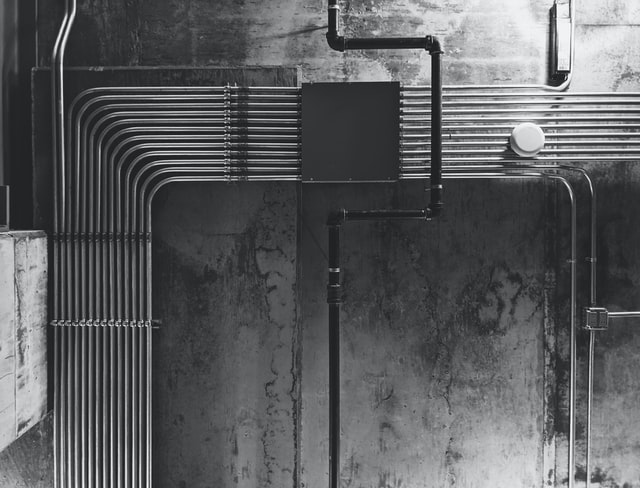
After reading this article, you are officially fully equipped to deal with a water heater leak crisis – and to do so quite efficiently as well. In the end, the key takeaway here is that problems like these need to be tackled right away. As time passes, you are only risking additional damage, and you surely want to avoid that.

